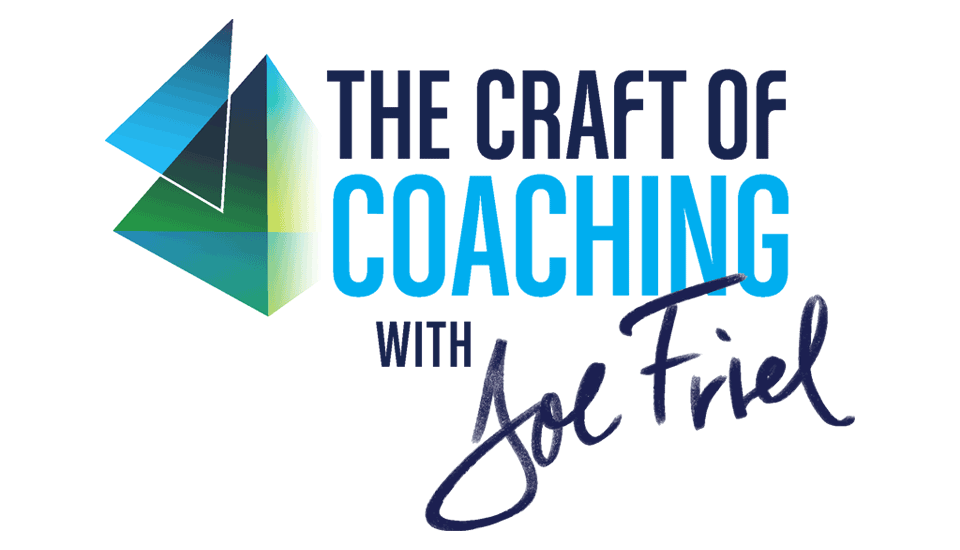Deepen Your Sport-Specific Knowledge
Joe Friel describes why it is so important for coaches to fully understand the unique demands of an athlete’s event.
Joe Friel describes why it is so important for coaches to fully understand the unique demands of an athlete’s event.
